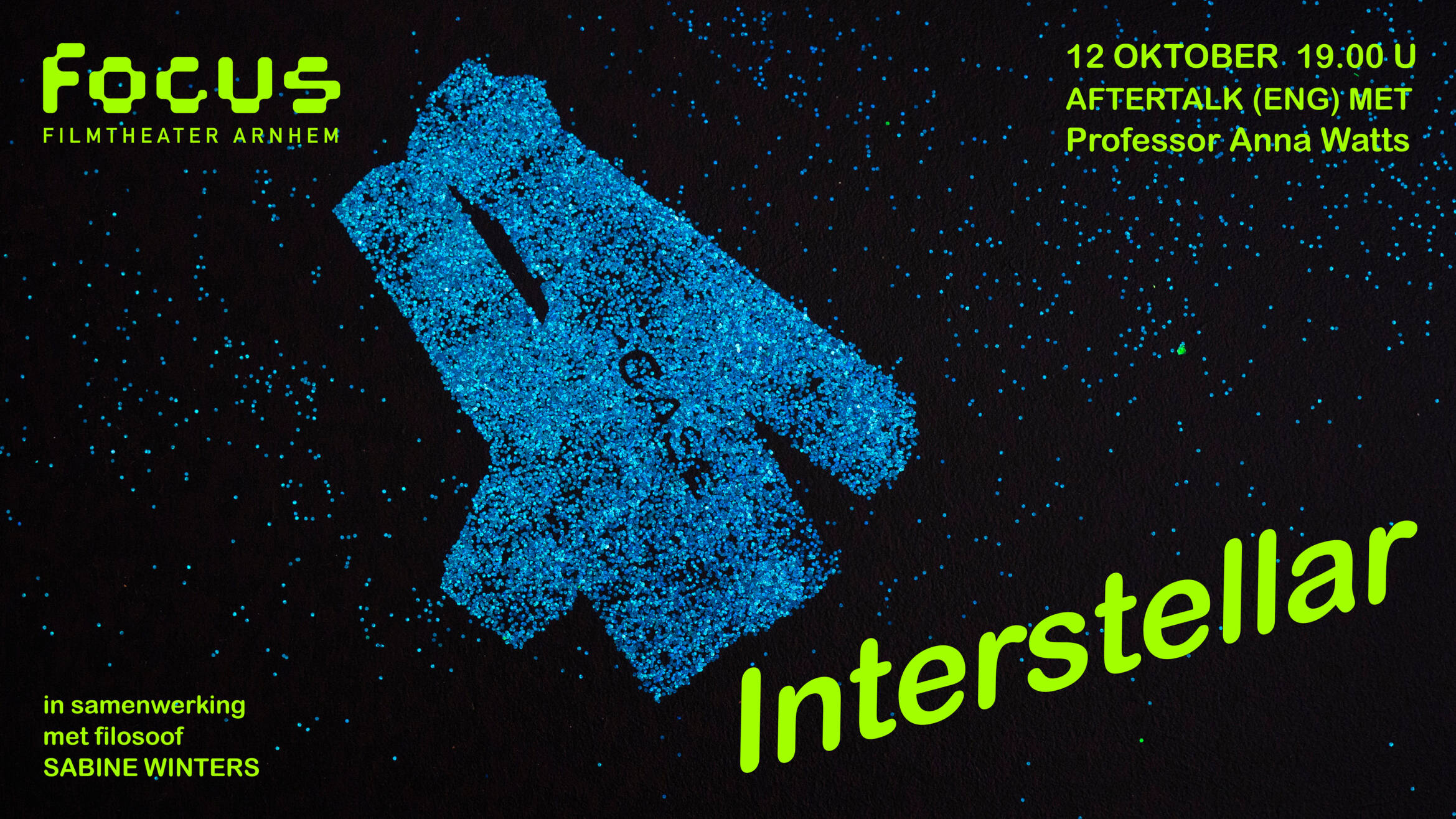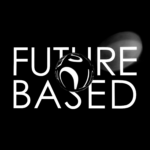

Time travel: Things you need to know before going through the wormhole
October 12, 2022 @ 7:00 am - 10:00 pm CEST
| FreeWhat role does imagination play when it comes to scientific thinking? In Fiction meets Science in Space, we will engage scientists and artists in a conversation based on four science fiction films where fiction meets science. How should we imagine life on Mars? Can we travel through time and if so, what exactly would happen? How many dimensions are there in our universe? Science Fiction movies give us a glimpse of what is possible, but what is fiction and what is science? In this series of four film events, Sabine Winters (founder Future Based) engages with scientists and artists about the reality behind fiction: Where does science meet fiction?
Sabine Winters (1983) is a freelance philosopher of science and the founder of the philosophy platform Future Based. With Future Based she organizes lectures, meetings and publishes podcasts and articles. Scientific Imagination is Sabine’s project in which she researches the role and function of imagination in scientific thinking.
Click here for the complete programme (re-direction to the site of Focus Film Theater Arnhem).
Please note that two events will be held in English, two in Dutch.
The aftertalk of Interstellar will be held in English.
Interstellar
Interstellar is about Earth’s last chance to find a habitable planet before a lack of resources causes the human race to go extinct. In saving the human race, protagonist Cooper, former NASA pilot, travels literally above and beyond time and space to find a new habitable planet. Let’s dive into Interstellar a bit deeper. Next to an awesome science fiction, Interstellar also provides a narrative on what it would be to travel through a wormhole. In other words, it proposes how it would be to experience the distortion of space-time in a region of the universe that would link one location or time with another. Would this be physically possible? How can we portray what we have never really seen? How does science fiction help to illuminate scientific possibilities?
Tickets
Aftertalk (in English) with professor Anna Watts
After the film we will talk to Professor Anna Watts of Astrophysics at the University of Amsterdam to dive into the world of time travel. Her group studies neutron stars, in particular the dense nuclear matter in their cores and the violent dynamical events such as starquakes and magnetic or thermonuclear explosions that they undergo on a regular basis. Space telescopes are a vital part of our research: Watts co-Chair the Dense Matter Science Working Group for the proposed Chinese-European Enhanced X-ray Timing and Polarimetry (eXTP) mission, she is part of the team working on NASA’s Neutron Star Interior Composition Explorer (NICER), and professor Watts is also a member of the Steering Committe for the NASA probe mission concept STROBE-X.
